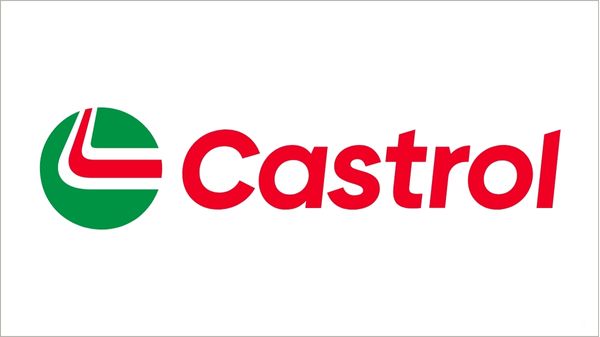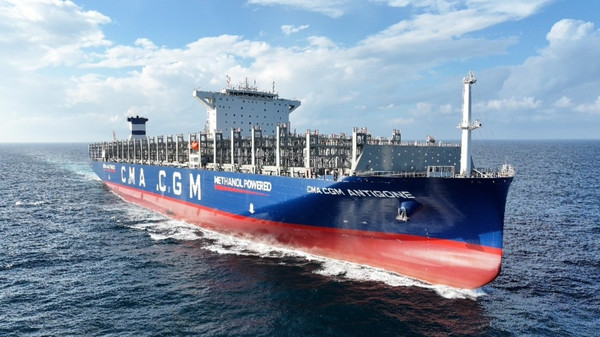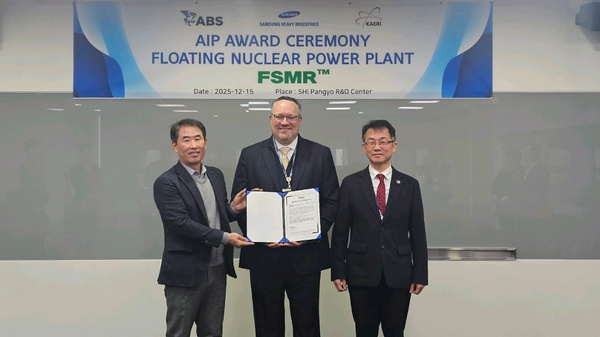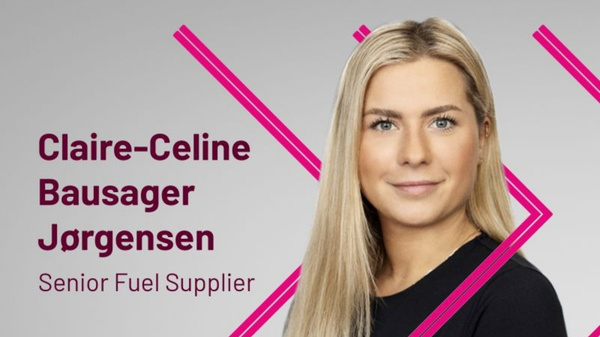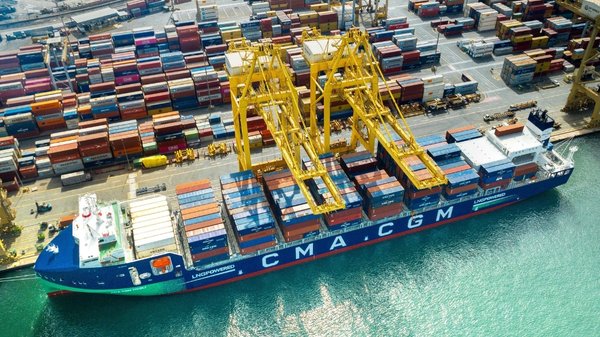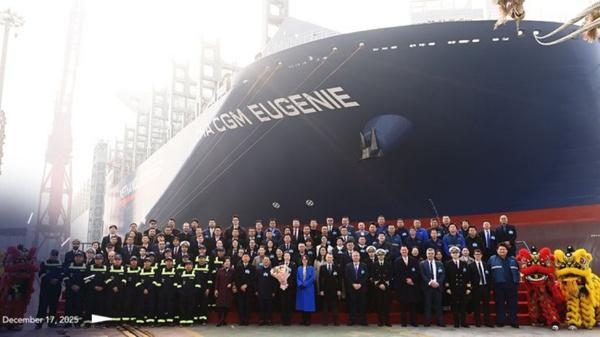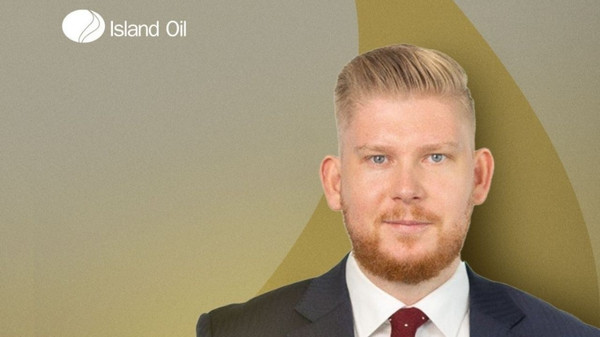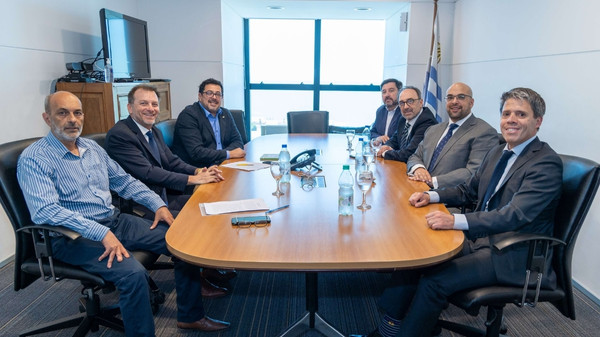Address by Kitack Lim, Secretary-General of the International Maritime Organization (IMO), at the opening of the 71st session of the Marine Environment Protection Committee on July 3, 2017.
It is great a pleasure for me to welcome you to the seventy-first session of the Marine Environment Protection Committee. I extend a particular welcome to those of you who are attending the Committee for the first time.
Allow me first to comment briefly on general matters of importance to the work of the Organization. As part of the United Nations family, IMO is actively working towards the 2030 Agenda for Sustainable Development and the associated SDGs. Shipping is the engine that keeps the global economy moving and the most cost-effective, energy efficient, safest and cleanest way to move goods in quantity around the world. It facilitates commerce and helps to create prosperity among nations contributing to improving the livelihoods of communities and their people. Without shipping , sustainable development would be a significant challenge.
To highlight this potential, IMO's theme for this year is 'Connecting Ships, Ports and People', bringing together the many diverse stakeholders in the maritime transport chain. It enables us to shine a spotlight on cooperation between ports and ships to maintain and enhance a safe, secure and efficient maritime transportation system, focusing on 'joined-up' maritime strategies, both from a policy and a practical perspective. The benefits of a free and efficient flow of goods and trade extend far beyond the ships and ports themselves.
Although IMO is primarily concerned with regulations for ships, there are countless areas where our work also impacts on ports - from safety and traffic facilitation, through security to environmental protection, we share so many areas of mutual concern. Ports, for example, provide on shore power supply and bunkering service; and ships being required to reduce their harmful emissions, particularly in Emission Control Areas close to coasts and coastal hinterlands.
I believe that the theme will provide a good opportunity to improve cooperation between ports and ships and develop a closer partnership between the two sectors; to raise global standards and set norms for the safety, security, protection of the environment and efficiency of shipping operations, in particular that of ports; and to standardize procedures based on the regulations developed by this Organization.
***
With more than 60 years expertise and experience, IMO is already an important player in the evolving 'blue economy'. Paramount to growing the blue economy are healthy oceans and seas, a matter that is at the heart of one of the 17 Sustainable Development Goals - SDG 14. Coinciding with World Oceans Day, the United Nations Ocean Conference held last month, reaffirmed world societies' strong commitment to halting and reversing the decline in the health and productivity of our oceans. Whilst focusing on SDG 14 in the main, the Conference underlined the integrated and indivisible character of all Sustainable Development Goals as well as the inter-linkages and synergies between them, calling for all stakeholders to take urgent action to support the timely and effective implementation of the targets of Goal 14.
The work of IMO, in developing and implementing global standards for the protection and preservation of the environment, both marine and atmospheric relates to a number of the SDG 14 targets, and our commitment to provide the institutional framework necessary for a green and sustainable global maritime transportation system contributes not just to SDG 14, but to other Sustainable Development Goals. We do this in two ways. Firstly, we develop and adopt a global regulatory regime for shipping that embraces the highest practicable standards. Secondly, we back this up with an extensive programme of technical assistance and capacity building, to ensure that, once adopted, the standards can be implemented evenly and effectively. The various efforts and initiatives underway at IMO in this respect benefit people all over the world and help ensure that shipping can play its part in delivering the sustainable development that is essential to our future.
Finding a way forward on key issues through a process of discussion among all stakeholders is one of the greatest strengths of IMO. Shipping has to be regulated on a global basis. Global regulations apply equally to all. They do not allow anyone to gain an advantage either by cutting corners or by imposing unilateral requirements. They create a level playing field. And, perhaps most importantly, they ensure that ships have to comply with the same rules and technical standards wherever in the world they operate and regardless of which flag they fly. Clearly there has to be a common approach, so that ships can trade around the world and that countries receiving foreign ships can be confident that they do not place their own safety, security and environmental integrity at an unreasonable risk by accepting them. These are very important principles. Everybody suffers if they are undermined, not just the shipping industry but the billions of people all over the world who depend on it.
Shipping is an essential component of any programme for sustainable development. Following an important strategic planning exercise, the IMO Council in December 2016 agreed to seven new Strategic Directions as the basis for the new Strategic Plan. This will enable us to focus our efforts and monitor our performance in these seven areas during the period 2018-2023. The Council also reaffirmed IMO's leadership role as the global regulator of shipping, promoting the greater recognition of the maritime sector's importance and enable the advancement of shipping, whilst addressing the challenges of continued developments in technology and world trade.
***
Mr. Chair, distinguished delegates,
Although not unusual for your Committee, this is another session heavily laden with many urgent and important items.
However, I have no doubt that two of these items on your agenda will dominate the discussions this week: firstly the prevention of atmospheric pollution from ships, including the reduction of GHG emissions, and secondly the implementation of the Ballast Water Management Convention which, is set to enter into force on 8 September of this year.
As you know, the Organization's work to prevent and reduce atmospheric pollution from ships and its contribution to the global efforts to address climate change feature prominently in our Strategic and High-level Action Plans. Today, we are at a stage where good progress towards achieving our strategic objectives in this regard is being made, responding to the expectations of the international community.
Data presented to the Committee clearly identifies the significant improvements made in the energy efficiency of new ships with nearly 2,500 ships having been certified as complying with the new standards since the entry into force of the mandatory energy efficiency requirements under MARPOL in 2013. Following the successful completion of the review of the status of technological developments relevant to implementing phase 2 of the EEDI requirements from 2020, you will consider the development of a possible methodology to review the EEDI requirements beyond phase 2. In this connection, you will also consider a number of other issues, including minimum propulsion power to maintain the manoeuvrability of ships in adverse conditions, correction factors for ice class ships, and reduction factors for existing ships which have undergone a major conversion.
Despite the work already carried out, the Organization and its constituents have been far from complacent and have continued to work to achieve further improvements. Building on those ground-breaking energy-efficiency measures, the adoption of the mandatory data collection system for fuel oil consumption of ships, which is expected to enter into force on 1 March 2018, will provide a firm basis on which future decisions on additional measures, can be made. At this session, you will consider the report of the correspondence group tasked to develop draft guidelines on
Administration data verification procedures and on the
development and management of the IMO Ship Fuel Oil Consumption Database, taking into account the review conducted by the Secretariat on technical and security issues identified in this regard. The timely finalization of these matters is essential to ensure a systematic and robust data collection, providing the basis for an objective, transparent and inclusive policy debate here at IMO.
I welcome the good progress made by the Intersessional Working Group on Reduction of GHG Emissions from Ships, which held its first meeting last week. I am also grateful for the proposals submitted to this session, which will undoubtedly contribute to the discussion of the elements contained in the
Roadmap for developing a comprehensive IMO strategy on reduction of GHG emissions from ships, and enable the development of an initial IMO GHG strategy as foreseen in the Roadmap. The challenges set by the Paris Agreement call for ambitious efforts to reduce GHG emissions from international shipping and I am very much encouraged to see the spirit of the Agreement alive here at IMO. Member States and industry have shown their strong commitment and dedication to work collaboratively, so that our response to these challenges is positive and balanced for a sector which is vital in supporting global trade, prosperity and development.
In a similar vein, following the confirmation of the global limit of the sulphur content of ships' fuel oil at your last session, your attention, this time, will be drawn to the proposed new output on "
Consistent implementation of regulation 14.1.3 of MARPOL Annex VI", and how this work can be organized towards the implementation date of 1 January 2020. This is a major task which necessitates expert advice from all sectors of the industry. Member States and observers are, therefore, invited to ensure that the required expertise is made available to the PPR Sub-Committee so that this task can be brought to a satisfactory conclusion within the limited timeframe available.
Mr. Chair, distinguished delegates,
This is the last session of the Committee before the entry into force of the Ballast Water Management Convention. Remarkable progress has been made in recent years, facilitating pragmatic and uniform implementation of the Convention, nevertheless the Committee has several important tasks ahead of it. In fact, more documents than ever have been submitted under this agenda item.
You will be considering draft amendments to the Convention, most notably on regulation B-3 which will determine the implementation schedule for installations of ballast water management systems. I sense a strong spirit of compromise and collaboration in this regard and have no doubts that consensus can be reached.
You are also expected to approve the Code for approval of ballast water management systems, and develop important guidance for contingency measures and finalize a number of guidelines for the uniform implementation of the Ballast Water Management Convention.
The Convention provides a global level playing field for international shipping, setting clear and robust standards for the management of ballast water on ships. I am confident that this, together with all the guidance and the manual 'Ballast Water Management - How to do it', which is also expected to be finalized this week, will ensure a smooth and uniform implementation of this long awaited and important Convention.
I trust that throughout this week's discussions the Committee will stay firmly focused on the ultimate objective of the Convention - to prevent the global spread of invasive aquatic species through ships' ballast waters and sediments, being fully aware of the emphasis the international community places on the issue of conservation and sustainable use of marine resources while preserving their biological diversity.
***
Mr. Chair, distinguished delegates,
Many other items which deserve careful attention feature on your extensive agenda this week and time does not allow me to elaborate on all of them. However, I would highlight, in particular:
- the adoption of amendments to MARPOL Annex VI on the designation of the Baltic Sea and the North Sea Emission Control Areas for NOX Tier III control;
- the final designation of the Tubbataha Reefs Natural Park as a PSSA as well as the consideration of a proposal submitted by Malaysia to designate the Pulau Kukup (Kukup Island) and Tanjung Piai (Cape Piai) as a PSSA;
- the approval of a set of updated OPRC Model Training Courses;
- consideration of the actions requested of the Committee by PPR 4, SDC 4 and CCC 3; and
- information on technical cooperation activities related to the protection of the marine environment.
***
Distinguished delegates,
From the items on your agenda that I have highlighted, it is more than evident that, once again, you have a heavy workload to deal with during this week, with a considerable number of crucially important issues to address in your quest for sound, balanced and timely decisions to benefit the environment, both marine and atmospheric. Your task will not be easy; the stakes are high and the expectations even higher. I am confident that, with IMO's renowned spirit of cooperation and under the able leadership of your Chair, Mr. Arsenio Dominguez of Panama, supported by the Vice Chair, Mr. Hideaki Saito of Japan, you will rise to the challenge, respond to the expectations and, thus, serve well the worthy cause of protecting and preserving the environment.
***
Before closing, I invite you to take the opportunity of your coffee and lunch breaks to visit the exhibition '50 years of Government and industry working together to address the risk of oil pollution from ships', in the Delegates' Lounge, which has jointly been organized by IMO, IOPC Funds and ITOPF, with the support of a number of industry organizations.
Finally, I would like to invite you all to a welcome cocktail, after the closure of today's meeting, in the Delegates' Lounge.
With this, I wish you all good luck and every success in your deliberations.
Thank you.

